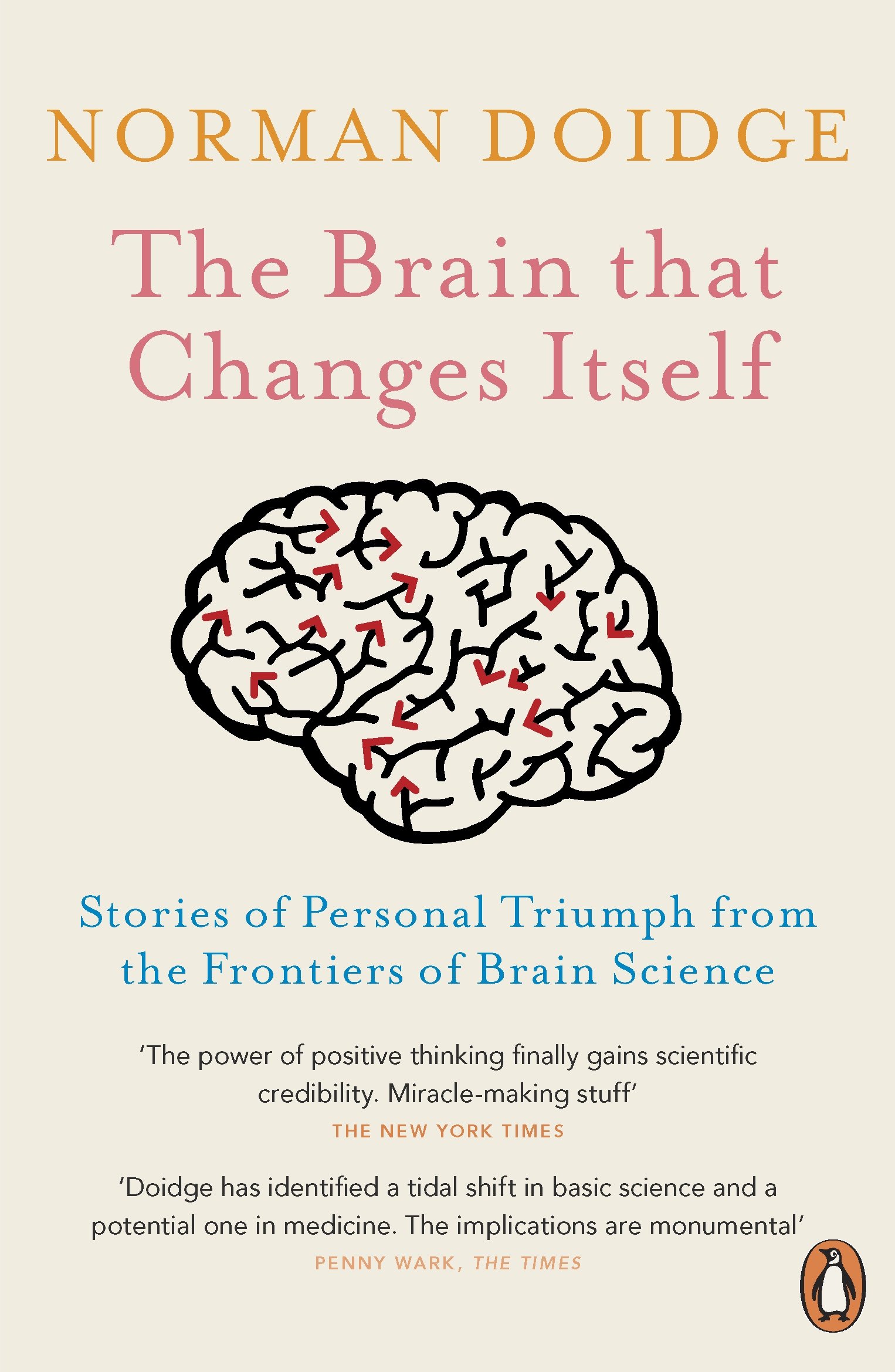
Redesigning the Brain: A Scientist Changes Brains to Sharpen Percept
#The brain that changes itself how to#
Building Herself a Better Brain: A Woman Labeled "Retarded" Discovers How to Heal Herself 3. A Woman Perpetually Falling.: Rescued by the Man Who Discovered the Plasticity of Our Senses 2. This book blew me away! The chapter titles will give you more information about the subject matter: 1. The author does an excellent job of drawing the reader in with a story about a real person, then elaborating on the ideas by talking about studies that show the basic principles and their implications, then explaining how this can be used to ameliorate or even cure conditions that were considered incurable. The downside of the book is that the author is a Freudian, so there are some annoying comments about how Freud knew it all along, but if you can overlook that, it's all fascinating. He talks about people with strokes who've learned to walk again, people with vestibular problems who've learned to substitute something else for their missing vestibular system, people who've been helped with ADHD, autism, retardation, and many other "incurable" conditions by altering their brains.

Two days! The book is not just theoretical, though - the author is interested in the theory, but he's even more interested in how all of this can be applied to better the lives of real people. Imagine our surprise to learn that the brain can make fairly large shifts in just a few days - for example, if you blindfold somebody for five days, the area of their brains that's usually called the visual cortex starts using large sections of itself to process touch and sound, and this change is made in as little as two days. Psych 101 and Bio 101 textbooks often have a picture in them that shows which areas of the brain control which bodily functions, and this is all presented as fixed and unchanging. Scientists were astounded to discover that the "visual" cortex was really just brain space that could be used for anything. So blind folks have twice as much brain space devoted to processing sounds, which means that they really do hear better, and now we know why. Well, they recently discovered that the area of the brain usually called the visual cortex is taken over for auditory processing in blind people. For example, anecdotal evidence had long supported the idea that blind people hear better than sighted people, but scientists pooh-poohed this idea, saying that there was no mechanism for that to occur. Scientists used to believe that the brain was relatively fixed and unchanging - some of them still believe that - but recent research shows that the brain is much more mutable than biologists, psychologists, physicians (and any other scientists who studied brains) had ever thought. I found the book fascinating, but lest that be chalked up to my being a psychologist, my husband the computer scientist found it fascinating, too.

This is one of the most interesting nonfiction books that I have *ever* read.


 0 kommentar(er)
0 kommentar(er)
